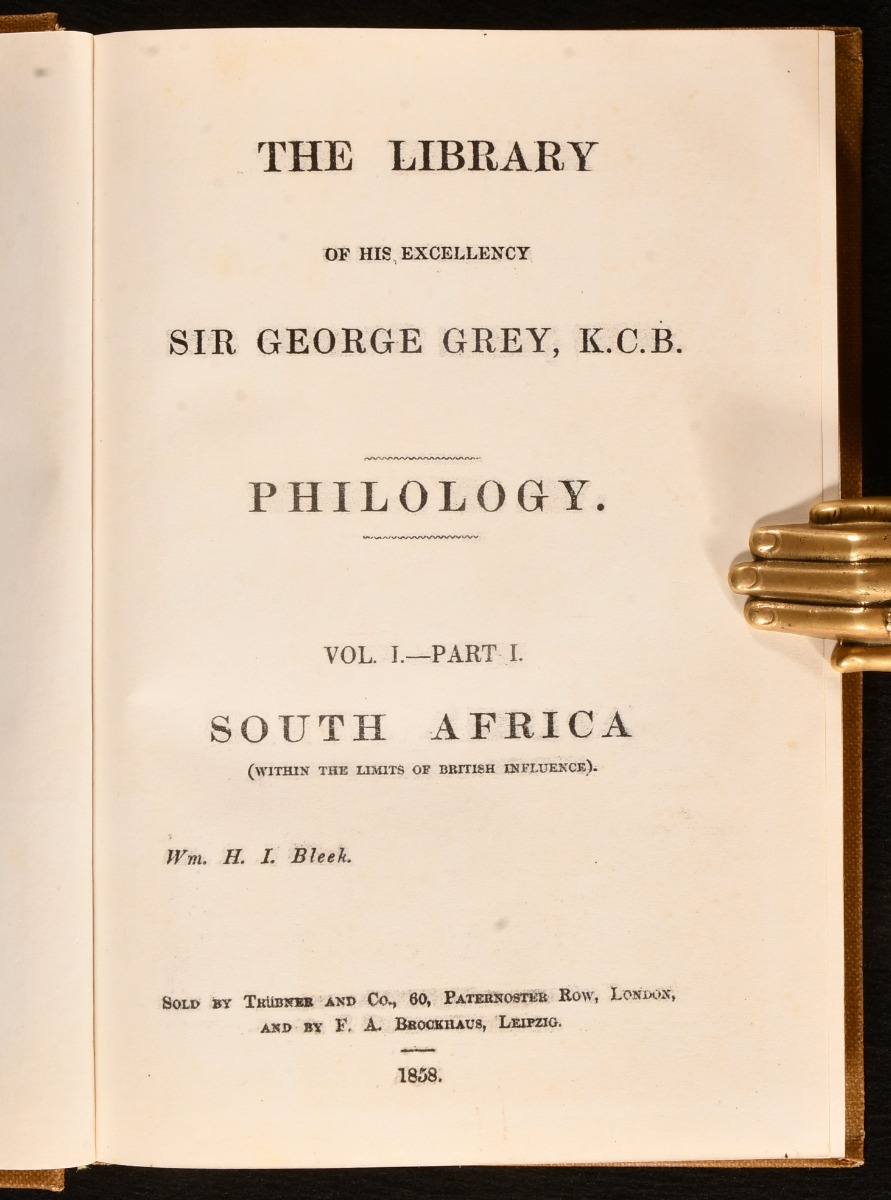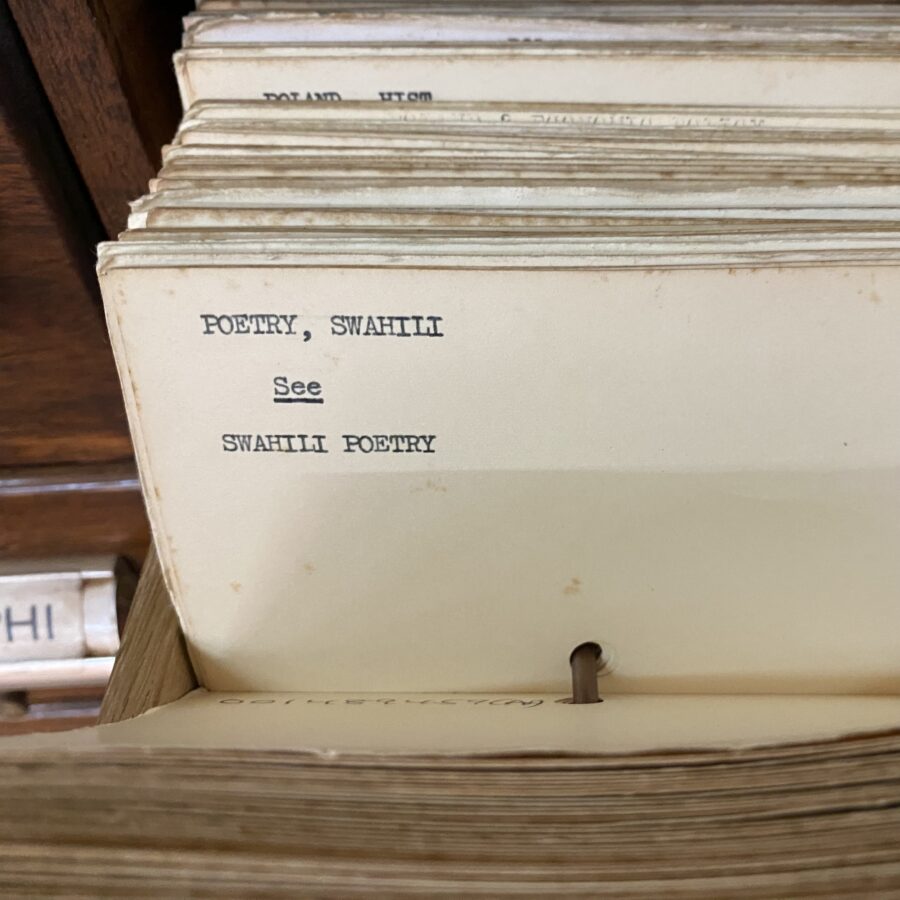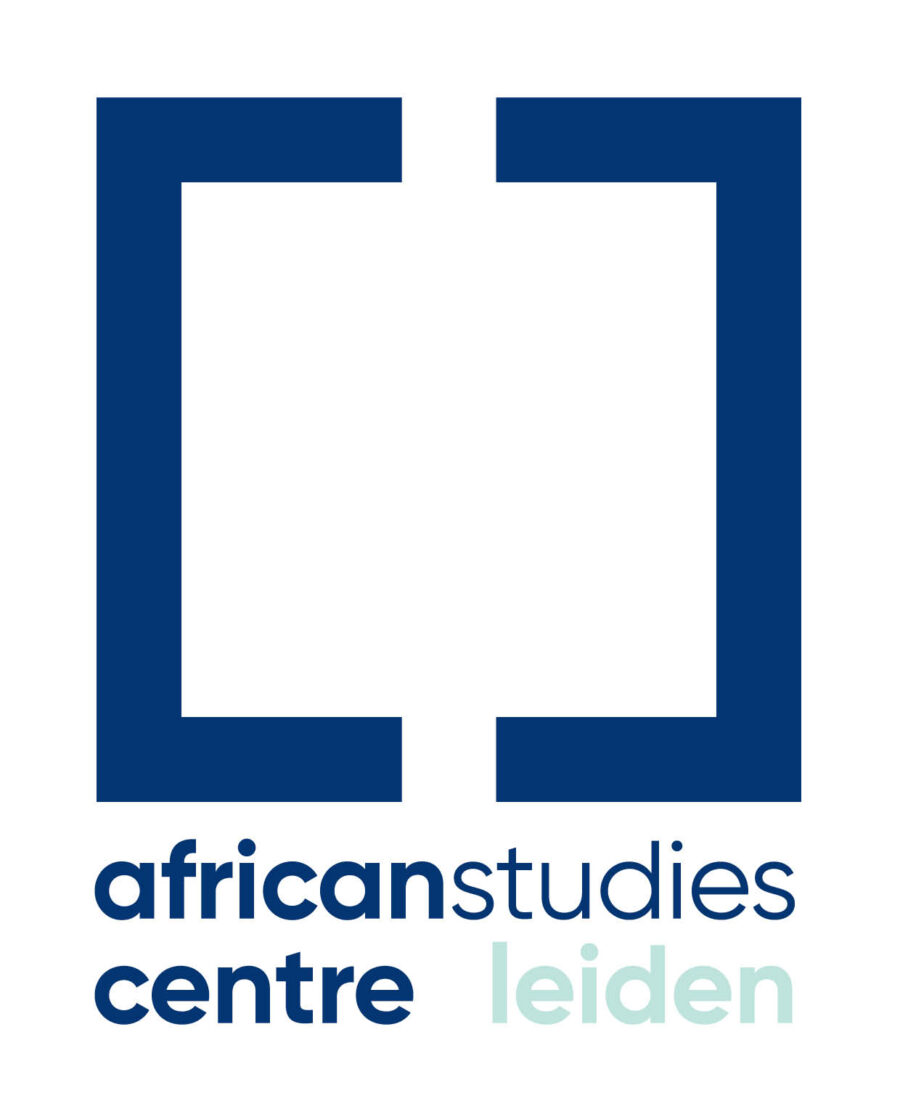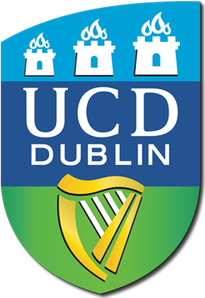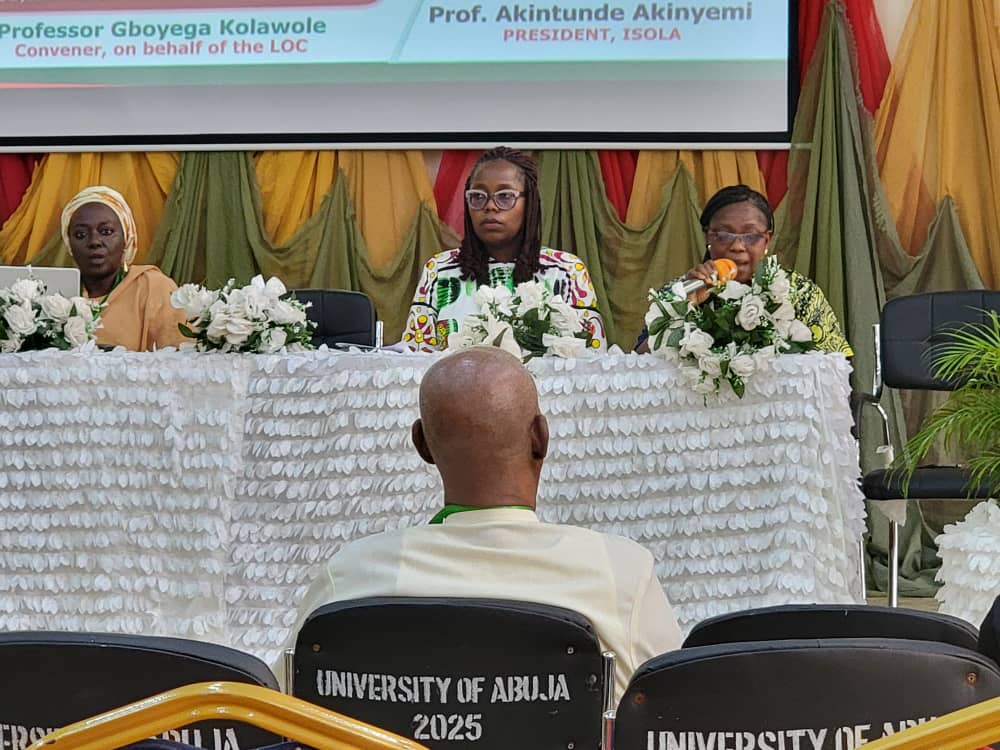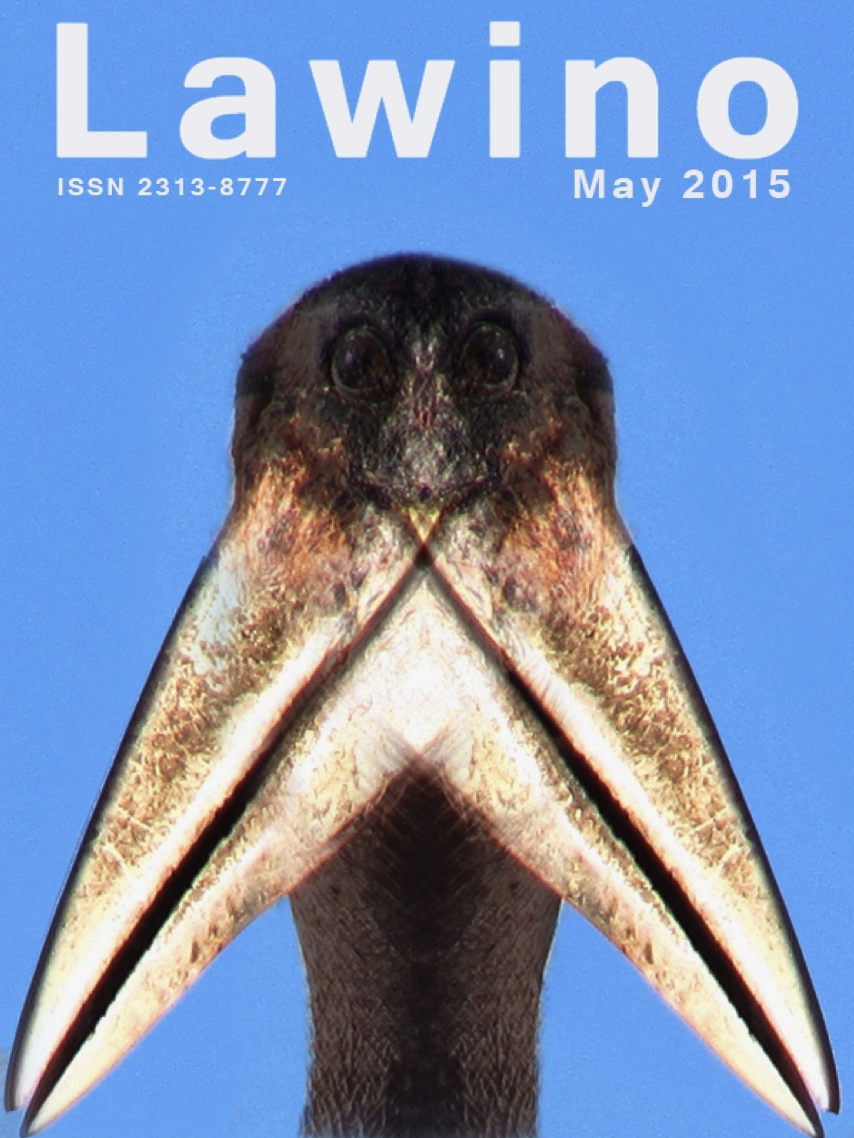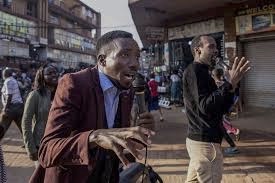
Street Preaching as Performance
ALMEDA in collaboration with the Centre of African Studies, Copenhagen University invites you to an online workshop on Thursday 4 September at 13:15 – 16:00 (Central European Summer Time). In this workshop scholars will discuss the implications approaching street preaching as performance and oral literary genre. Viewing publicly delivered sermons…
